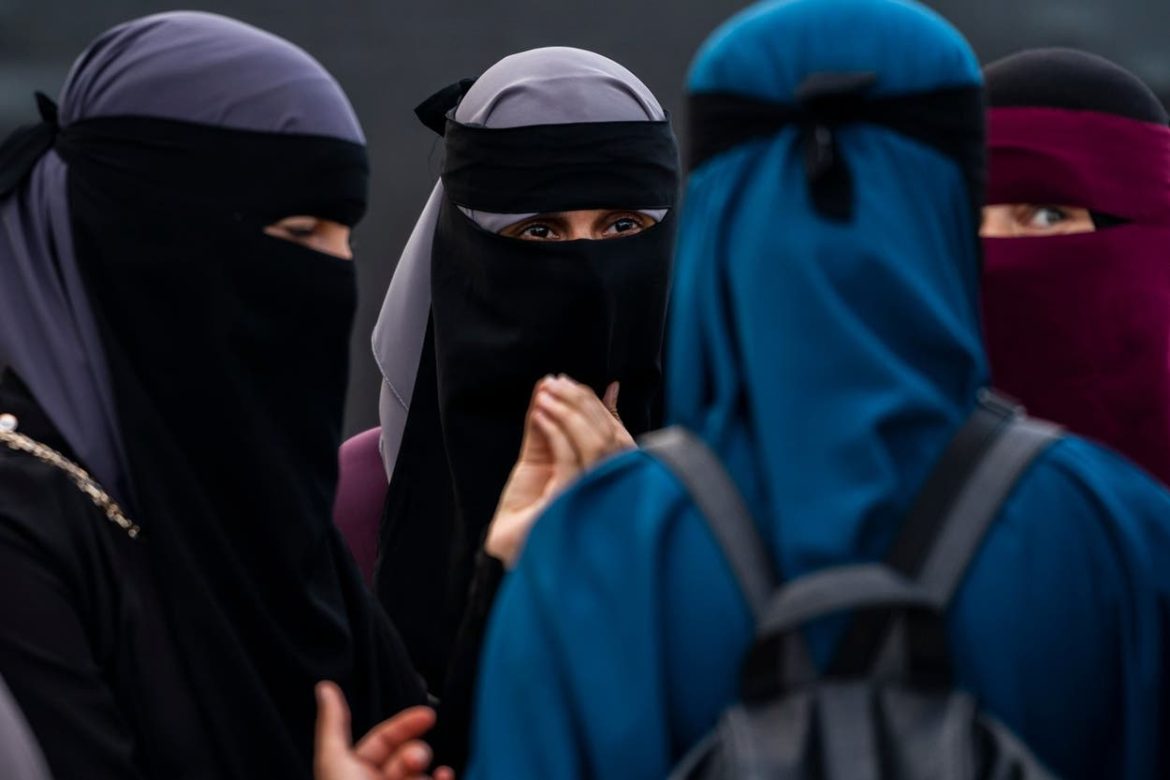In recent years, several European nations have intensified efforts to restrict Islamic dress, sparking criticism from human-rights experts. Now, Portugal’s parliament has approved a controversial bill banning full-face veils in public spaces—a move seen as targeting Muslim women and mirroring similar policies elsewhere on the continent.
A New Measure in Portugal
The parliament of Portugal approved a bill that prohibits garments concealing the face for “gender or religious” reasons in most public settings. Introduced by the far-right Chega party, the legislation explicitly targets full-body coverings like the burqa and full-face veils such as the niqab, frequently worn by some Muslim women.
If signed into law by President Marcelo Rebelo de Sousa, the measure would place Portugal alongside countries such as France, Austria, Belgium and The Netherlands, which have full or partial bans on face-coverings.
Key Provisions and Penalties
Under the approved bill:
- Wearing a face-covering garment in public spaces can incur fines between €200 and €4,000.
- Forcing someone to cover their face for gender or religious reasons may lead to up to three years in prison.
- Exceptions are provided for places such as aeroplanes, diplomatic or consular premises, places of worship, for health reasons, professional or artistic circumstances, weather conditions, or legal obligations.
Political Context and Opposition
The bill, while driven by Chega, received support from centre-right parties including the Social Democratic Party (Portugal) (PSD), Liberal Initiative (IL) and CDS–PP. In contrast, left-wing parties such as the Socialist Party (Portugal) (PS), Bloco de Esquerda (BE), PCP and Livre voted against, warning that the law primarily targets foreigners and religious minorities.
In the floor debate, Chega leader André Ventura argued the law defends women’s rights, while PS lawmaker Pedro Delgado Alves called it discriminatory.
Wider European Implications
The controversy around banning Islamic veils has been growing across Europe in recent years. Proponents of such bans often cite arguments related to security, gender equality, social integration and visibility. Critics, however, warn that these measures restrict religious freedom, discriminate against Muslim women and fuel Islamophobia.
According to some research, in 22 of the 27 member states of the European Union there have been proposals or implementations restricting veiling or similar dress.
From: mizanonline


